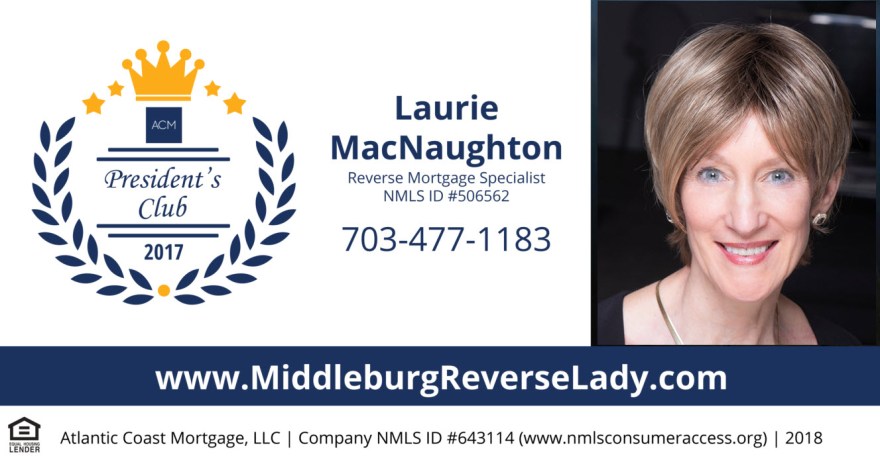Laurie MacNaughton | © 2018
There is was again, that same question: “Should we do a reverse mortgage now, or should we wait until our investments are gone?”
Turns out there is research on this – lots, in fact, some sponsored by retirement groups and some by academic institutions.
Regardless of the source, conclusions are consistent: homeowners who do a reverse mortgage early in retirement, while they still have healthy savings, benefit more than do those who wait until their finances are under stress.
This is largely due to two factors.
First is asset preservation during market downturns. Needless to say, the past few months have been a bumpy ride in the investment realm, and paper losses turn into real losses when you have to draw upon a 401(k) or other investments during a downtick. If you’re able to ride out a downturn you benefit financially in the long run.
Second is on account of what may be the most under-reported aspect of a reverse mortgage line of credit, namely the growth added to the unused funds in a reverse mortgage line of credit. If this causes you to say, “Wait…what?” it should, as this is something that does not exist with other types of home loans.
Here’s what this feature of an FHA-insured reverse mortgage means to you: each month a small amount gets added to the funds in your line of credit. This growth compounds over time, and it’s there for you to use when you need it. The growth is not based upon home appreciation, but rather upon prevailing interest rates. It’s counterintuitive, but if rates go up the line of credit actually grows more quickly.
What this tax-free growth may look like over time can be astounding. For illustration purposes let’s consider a husband and wife, both of whom are 68 years old, and whose paid-off home appraises for $400,000. If their line of credit at the time of closing contains about $168,000, in five years’ time it may have grown to over $206,000 – assuming interest rates remain steady. Again, growth is pegged to prevailing interest rates, and the line of credit grows more quickly if rates go up.
This line of credit can create a valuable hedge against having to sell investments in a down market. It can also create a safety net that forestalls the need to apply for Social Security before full retirement age.
Optimally, a reverse mortgage provides just one part of a long-range financial plan for retirement, because as life expectancies continue to increase, retirement is going to take more than your monthly Social Security check. It’s going to take more than a well-funded 401(k). In fact, it’s likely to take more than a pension, an annuity, an IRA, or a bank account – or a reverse mortgage – can provide. But when added together, these can combine to create a long-term means of maintaining financial wellbeing in retirement.
If you would like to discuss how a reverse mortgage might help your retirement plans, give me a call. I always love hearing from you.


